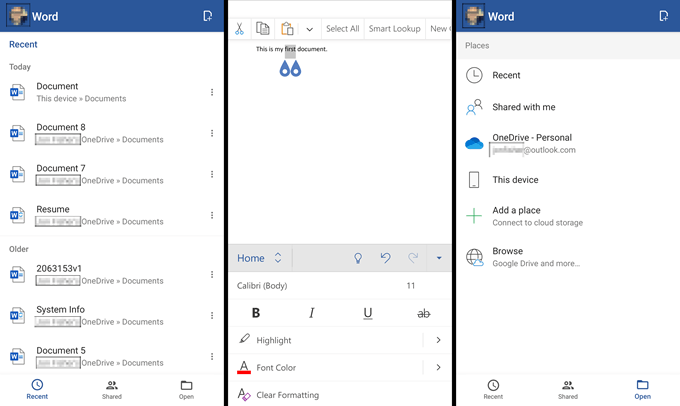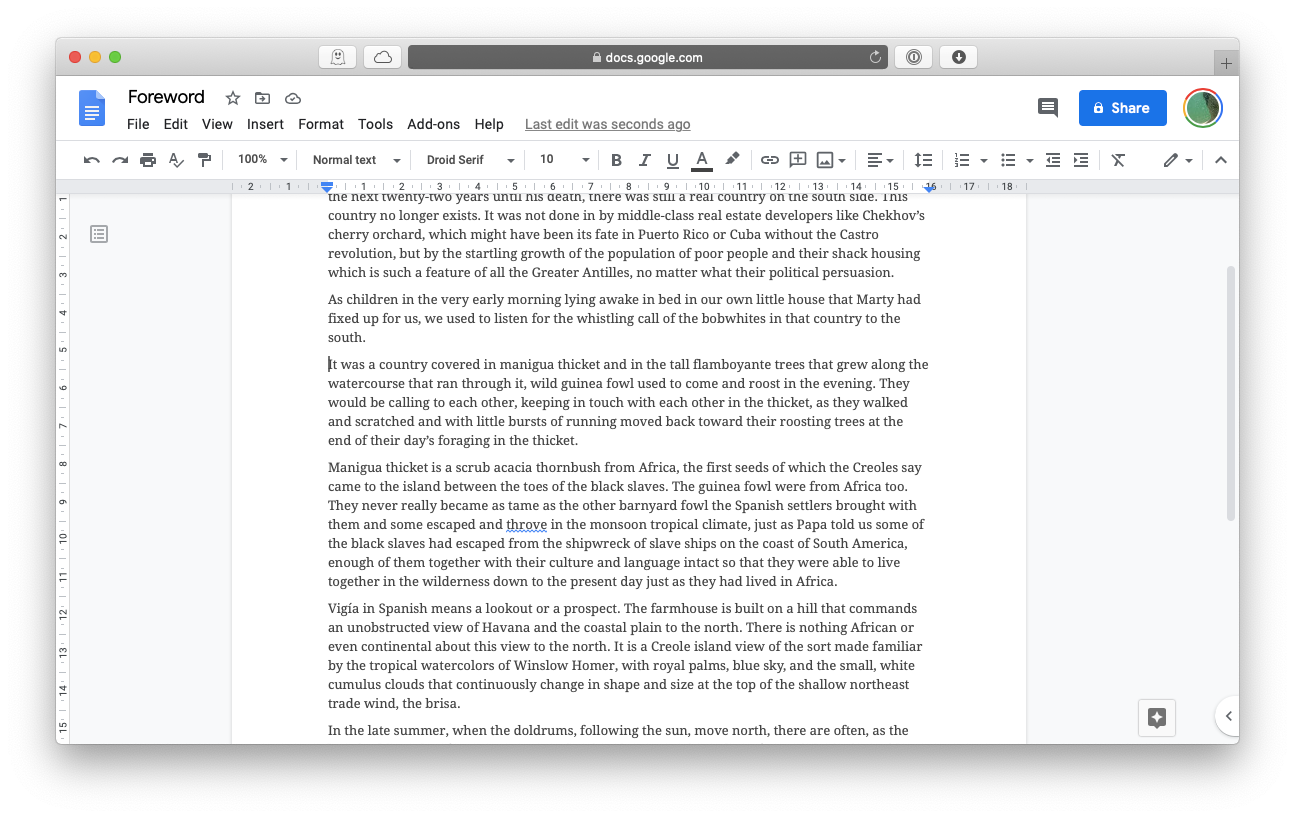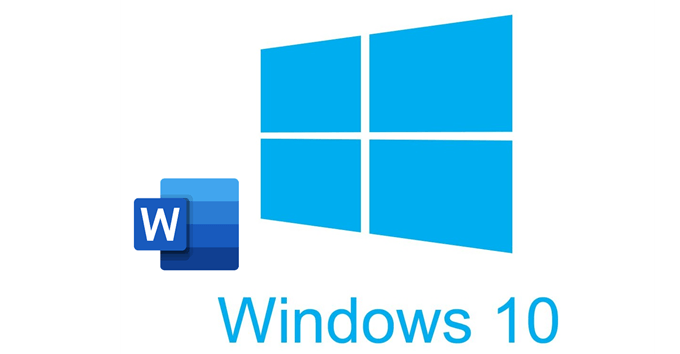

The game was not a hit with players, however, until Parker Brothers relauched it in 1976 with an extremely popular advertising campaign.
Very little is known about his inspirations. The first Official Scrabble Players Dictionary was published in 1978.īoggle was invented in 1972 by Alan Turoff. In 1971, the first national Scrabble tournament was played. The original game called “Lexiko” used a hundred squares and did not catch on until James Brunot, one of the original investors, bought the exclusive rights to manufacture the game, simplified the rules, and changed its name to “Scrabble.” The game became a hit after the president of Macy’s began stocking it in his department store. Alfred Mosh Butts analyzed the frequency with which letters appear in the English language to come up with distribution and point value for his lettered tiles. Scrabble was the brainchild of a Depression-era architect who couldn’t find work. Today it’s been estimated that some 40 million Americans enjoy crossword puzzles for recreation. Simon and Schuster brought out the first crossword puzzle book in 1924 – it came with a pencil and The New York Times began publishing its venerable puzzle in 1942.

The puzzle quickly became a craze, driving newspaper circulation around the world and springing up in every language that uses an alphabet. “Wordcross” became “crossword” in a typesetter’s mistake. Twenty-one years later the first “wordcross” was published in the New York World newspaper. Word square games have been found in the ruins of Pompeii, but the first recognizable crossword – a four by four grid with horizontal and vertical clues – appeared in the Italian magazine Il Secolo Illustrato della Domenica in 1894. The origins of Hangman are shrouded in mystery, but a description of the game’s rules first appeared in a 1894 book called “Traditional Games” where it was called “Birds, Beasts and Fishes.” Games that depend upon spelling skills became popular with the rise of mass literacy and spelling standardization in the 19th century. The answer? A rain cloud.Ĭharades dates to 16th century when it was one of the parlor games popular at the French court. “Who becomes pregnant without conceiving, who becomes fat without eating,” asks a Babylonian cuneiform. Riddles are the oldest known word games, and arguably still the most popular.

Games in which words are implied or enacted include riddles, charades, Fictionary and Parker Brothers’ Pictionary Games that use tiles and dice to rearrange words include Parker Brothers’ popular Scrabble and Boggle, Perquackey and Facebook’s Scramble. Games that use paper and pencil include crosswords and the word jumble (sometimes called “word search”), as well as Hangman, a popular word guessing game. Additionally there are various types of “word play” type games like puns, acronyms and double entendres that writers occasionally incorporate into their work as sport for their readers. Word games can be classified into three categories: games in which paper and pen are used to solve the puzzle games in which letter tiles or dice – either real or virtual – are rearranged to find or create words and games in which words are either implied or enacted. Media has helped to promulgate their popularity: the crossword is a fixture of almost all daily newspapers, the word puzzler is a regular feature on many National Public Radio shows, while television has spawned the mega-hit “Wheel of Fortune”, a variation on the classic game of Hangman. Word games are found in almost all written languages and are widely regarded as both entertainment and education. They can be competitive games where one player’s skill is pitted against another’s as in Hangman, Scrabble or charades or they may have a player to solve the puzzle creator’s challenge like in crosswords. Word games are puzzles that rely upon a player’s language ability to solve them.


 0 kommentar(er)
0 kommentar(er)
